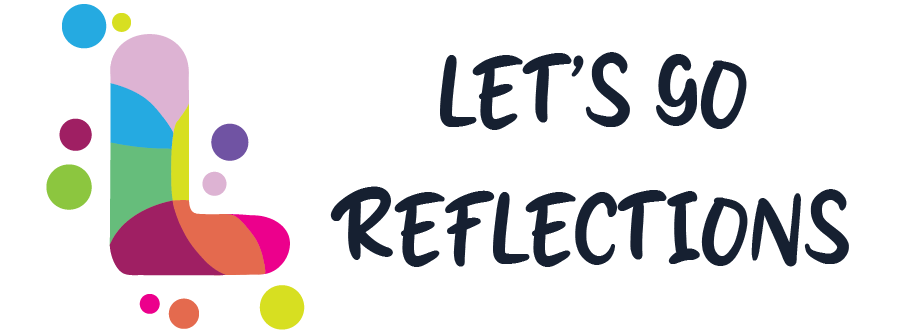Quick links
Complex or Detailed Information
Important Facts and Figures
Action Items and Next Steps
Ideas and Insights
Questions and Uncertainties
Closing

Complex or Detailed Information
Capturing complex or detailed information through note-taking is a powerful way to engage with challenging subjects and enhance your understanding. By breaking down complex concepts into digestible pieces, you can grasp intricate ideas more effectively. Taking notes allows you to actively process and synthesize information, making it easier to remember and apply later. Additionally, your notes serve as a personalized study guide, enabling you to review and reinforce your knowledge.
Example: Imagine you’re studying organic chemistry, and you come across a complex reaction mechanism. By taking detailed notes, including the sequence of steps, electron movements, and key intermediates, you not only solidify your understanding but also have a valuable resource to refer back to when revisiting the topic or preparing for exams.
Benefits: Improved comprehension, enhanced retention, personalized study resource, effective exam preparation.
Important Facts and Figures
Notes play a crucial role in capturing and retaining important facts, figures, and statistics. By documenting key information, you create a reliable reference that helps reinforce your knowledge and supports informed decision-making. Whether you’re attending a lecture, conducting research, or analyzing data, note-taking ensures that critical details are readily available.
Example: In a business meeting discussing financial performance, you might take notes on key revenue figures, growth percentages, and profitability metrics. These notes provide a snapshot of the company’s financial health, allowing you to analyze trends, identify areas for improvement, and make informed business decisions.
Benefits: Accurate data retention, easy access to important information, informed decision-making.
Action Items and Next Steps
Taking notes during meetings, workshops, or collaborative sessions is essential for capturing action items and next steps. By documenting tasks, deadlines, and responsibilities, you create a clear roadmap for implementation and ensure that everyone is on the same page. Notes serve as a valuable reference, preventing important actions from being overlooked and facilitating effective project management.
Example: In a team brainstorming session, as ideas are generated, you would take notes on action items assigned to individuals, along with specific deadlines. These notes provide clarity on who is responsible for what and create a sense of accountability, driving progress and successful project completion.
Benefits: Improved task management, enhanced collaboration, accountability, efficient project execution.
Ideas and Insights
Note-taking is a powerful tool for capturing creative ideas and insightful thoughts. Whether you’re brainstorming for a project, attending a conference, or engaging in personal reflection, jotting down your ideas and insights helps preserve them for future exploration. Notes serve as a catalyst for creativity, allowing you to revisit and expand upon initial thoughts, make connections, and develop innovative solutions.
Example: During a design thinking workshop, you might take notes on unique ideas, visual sketches, and inspiring quotes that resonate with you. These notes become a wellspring of inspiration, fueling your creativity as you work on projects and encouraging innovative thinking.
Benefits: Enhanced creativity, idea generation, personal growth, increased problem-solving capabilities.
Questions and Uncertainties
Taking notes on questions and uncertainties is essential for further exploration and learning. By jotting down areas where you seek clarification or require additional research, you create a roadmap for acquiring knowledge. Notes help you identify gaps in your understanding and guide you in seeking answers and expanding your knowledge base.
Example: While reading a thought-provoking article, you might have questions about certain concepts or seek further explanations. By noting down these questions, you create a list of topics to explore, enabling you to deepen your understanding and broaden your perspectives.
Benefits: Continued learning, knowledge expansion, critical thinking, intellectual curiosity.
Closing
Remember, the key to effective note-taking lies in your ability to identify what information is essential, relevant, and impactful to your specific context. By being mindful of the complexity, importance, and personal significance of the information at hand, you can make informed decisions on when and what to capture in your notes.
By recognizing the importance of each note-taking scenario and applying these strategies in your learning, work, and personal life, you can unlock the full potential of note-taking and reap its numerous benefits.


